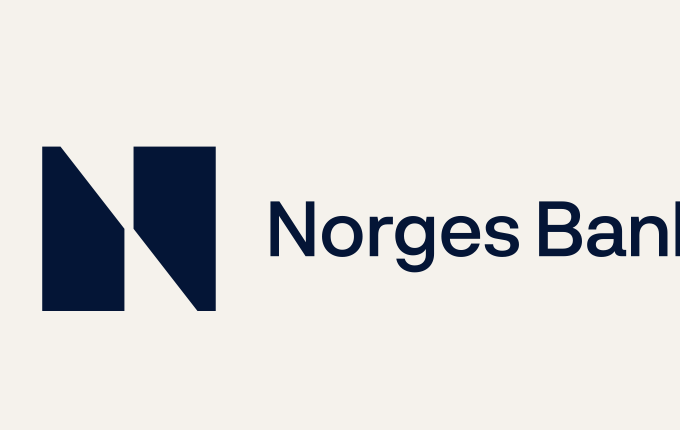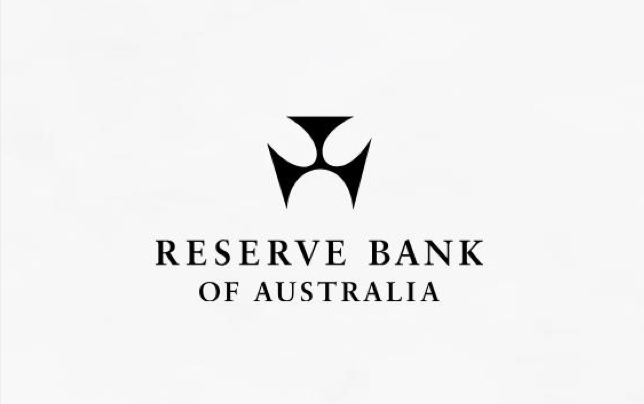Three FinTech Developments That Benefit Borrowers
By Rohit Arora for Forbes
FinTech firms disrupted the small business credit marketplace by developing technology that streamlined the lending process and sped up the loan-making process to 21st century standards. As it has done for just about all other industries, technological advances resulted in a great reduction of paperwork and the ability to apply for funding during “non-banking” hours. This has benefited both borrowers and lenders tremendously.
In many ways, a perfect storm led to the FinTech revolution. Traditional lenders, such as banks and credit unions, took a cautious route towards digitization. Thus, non-bank lenders came in and stole their market share. Technology enabled borrowers on one coast to obtain loans from regional banks on the other coast. Processing times were cut and interest rates were at historic lows. Meanwhile, Americans became accustomed to shopping for everything online — including financial products.

Founder/CEO of Lending Club, online leader Renaud Laplanche speaks on stage at Tribeca Disruptive Innovation Awards – 2016 Tribeca Film Festival. (Photo by Slaven Vlasic/Getty Images for Tribeca Film Festival)
The industry was new, and things moved rapidly. Credit became more readily available than it had since the mid 2000s. For the most part, this has benefitted small business growth as entrepreneurs got the funding they needed. At the same time, yield-hungry investors moved into small business credit market. In many cases, they offered longer-term products with attractive interest rates and are competitive with banks, particularly for smaller-sized companies seeking more modest loans.
In the past couple of weeks, we have seen some downside of a booming industry. Some firms got greedy and charged exorbitant rates to people who may not have been so creditworthy in the first place. At the same time, the problems of Lending Club, Prosper and OnDeck have been well documented. My belief is that in this relatively new industry, there are growing pains.
The conditions that led to the rise of FinTech are marketplace realities that are not going away. Some realities may be changing, but the industry will thrive. Here’s why:
- Millennials are in love with mobile and other generations have embraced it, too.
We shop online, get weather reports, communicate with family and friends, and conduct business on cell phones and tablets. Millennials have grown up in such a world, and the rest of us are following their lead. The finance industry is not going back to nine-to-five hours. People are more transactional than ever before; they want to skip the chit-chat with the bank tellers and managers and get things done quickly. Most small business owners are time-strapped. Technology makes things easier for them.
- Despite looming interest rate hikes ahead, entrepreneurs will still seek capital.
The fundamentals of the U.S. economy are still sound. Fuel prices have crept up, but remain comparatively low. The dollar is strong. Hiring experts tell us that the economy still seeks experienced workers. Entrepreneurship is not going away. Additionally, higher interest rates make it more profitable for conservative lenders to open up the purse strings. When lending is profitable, banks will provide capital. Meanwhile, less scrupulous non-bank lenders will not be able to continue charging astronomically high rates when money is available from more reasonable sources.
- The industry is already retooling
While alarmists are calling for a “borrowers’ bill of rights” and calling for intervention, the reality is that the industry is working. Businesses are getting funded and growing, and lenders are being rewarded with profits. That’s how capitalism works. The companies that make mistakes are paying the price. Borrowers should not fear the recent developments. They will continue to get solid funding deals through FinTech firms, as well as traditional lenders. No one is going back to 1950s’ banking practices.
It is still a good time for borrowers. Costs are lower for lenders and for borrowers. Money is available. Loans can still be processed more quickly than ever before. Under-served communities have benefitted and minority-owned and women-owned businesses continue to grow. The lenders that stumbled will correct their mistakes, and the ones that don’t will pay the price.
Small businesses create jobs and drive the economy. To do this they need funding, and the financing innovations of the past few years have helped companies to get that funding and to thrive. We should not forget this or try to over-regulate a system that is mostly working well.
First appeared at Forbes




